英文年度总结报告:工作与个人年度总结及报告撰写指南
英文年度总结报告:工作与个人年度总结及报告撰写指南
一、引言
As the year comes to an end, it is essential to reflect on the achievements, challenges, and growth experienced throughout the year. An annual summary report is an excellent tool for both individuals and organizations to assess their performance and set the stage for future success. This guide will provide insights into crafting an effective English annual summary report, covering both work-related and personal aspects.
二、英文年度总结报告的结构
1. Executive Summary (行摘要)
The executive summary should provide a concise overview of the entire report, highlighting the key points and takeaways. It should be engaging and informative, capturing the reader's attention from the outset.
2. Introduction (引言)
Begin with a brief introduction that sets the context for the report. This section should outline the purpose of the report and what the reader can expect to find within its pages.
3. Achievements (成就)
Work-Related Achievements (工作相关成就)
- Key Projects and Initiatives (关键项目和举措): Discuss the major projects and initiatives completed throughout the year, emphasizing their impact on the organization.
- Performance Metrics (绩效指标): Provide quantitative data to support your achievements, such as sales figures, productivity improvements, or cost savings.
- Collaboration and Teamwork (协作和团队合作): Highlight instances where collaboration and teamwork led to successful outcomes.
Personal Achievements (个人成就)
- Skill Development (技能发展): Mention any new skills acquired or existing skills improved upon.
- Professional Growth (职业成长): Reflect on promotions, new responsibilities, or any significant milestones in your career.
- Contribution to the Community (对社区的贡献): Discuss any volunteer work or community service completed during the year.
4. Challenges (挑战)
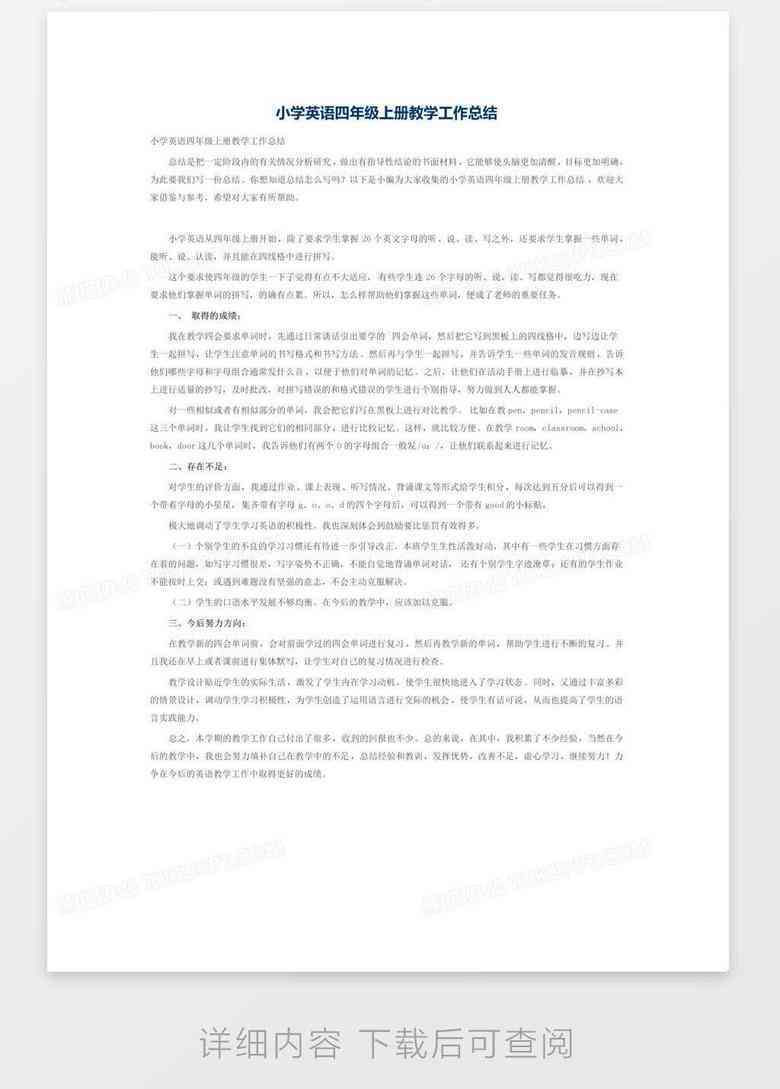
Work-Related Challenges (工作相关挑战)
- Obstacles Faced (面临的障碍): Identify the challenges encountered and how they were addressed.
- Lessons Learned (经验教训): Share the lessons learned from these challenges and how they contributed to personal and organizational growth.
Personal Challenges (个人挑战)
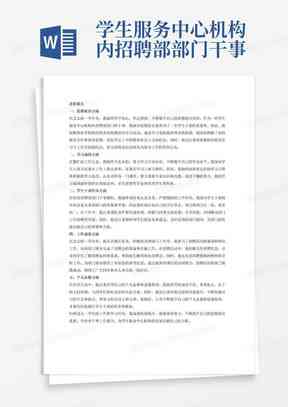
- Personal Development (个人发展): Reflect on any personal challenges faced and how they were overcome.
- Work-Life Balance (工作与生活平): Discuss any strategies implemented to mntn a healthy work-life balance.
5. Growth and Development (成长与发展)
Professional Development (专业发展)
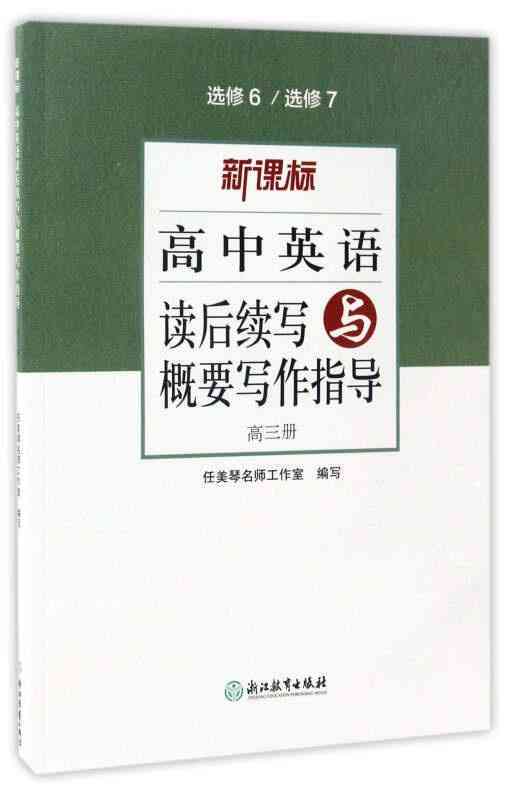
- Trning and Workshops (培训和研讨会): Outline any trning sessions or workshops attended and their relevance to your role.
- Mentorship (指导): If licable, discuss any mentorship programs or relationships that contributed to your growth.
Personal Development (个人发展)
- Hobbies and Interests (爱好和兴趣): Share any new hobbies or interests pursued and how they enriched your life.

- Health and Wellness (健与福祉): Reflect on any health and wellness initiatives you undertook, such as exercise routines or dietary changes.
6. Future Goals and Aspirations (未来目标和志向)
Work-Related Goals (工作相关目标)
- Career Aspirations (职业抱负): Outline your career goals for the upcoming year and how you plan to achieve them.
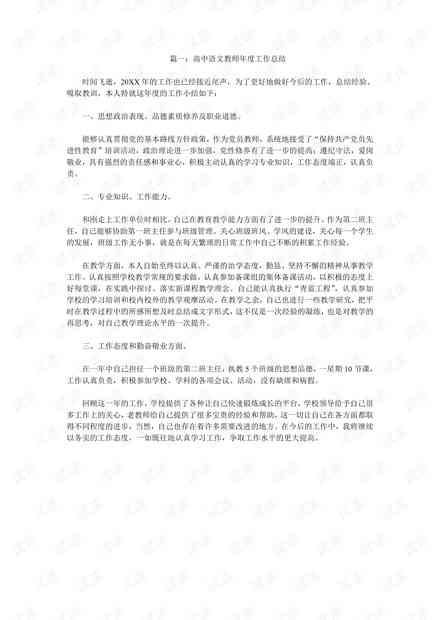
- Organizational Contributions (对组织的贡献): Discuss how you m to contribute to the organization's success in the future.
Personal Goals (个人目标)
- Life Goals (生活目标): Share your personal goals and how they align with your overall life vision.
- Continuous Improvement (持续改进): Emphasize your commitment to continuous self-improvement.
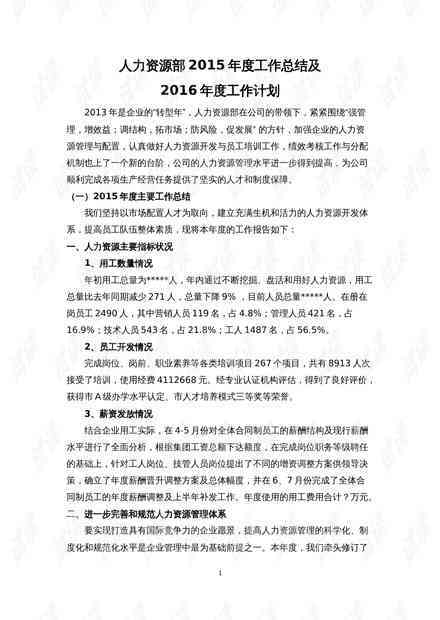
三、撰写技巧与建议
1. Clarity and Conciseness (清晰与简洁)
Ensure that your report is clear and concise. Avoid unnecessary jargon and complex sentences that may confuse the reader. Use bullet points and subheadings to make the report easy to navigate.
2. Quantitative Data (定量数据)
Incorporate quantitative data to support your achievements. Numbers and statistics provide a concrete basis for your clms and make your report more credible.
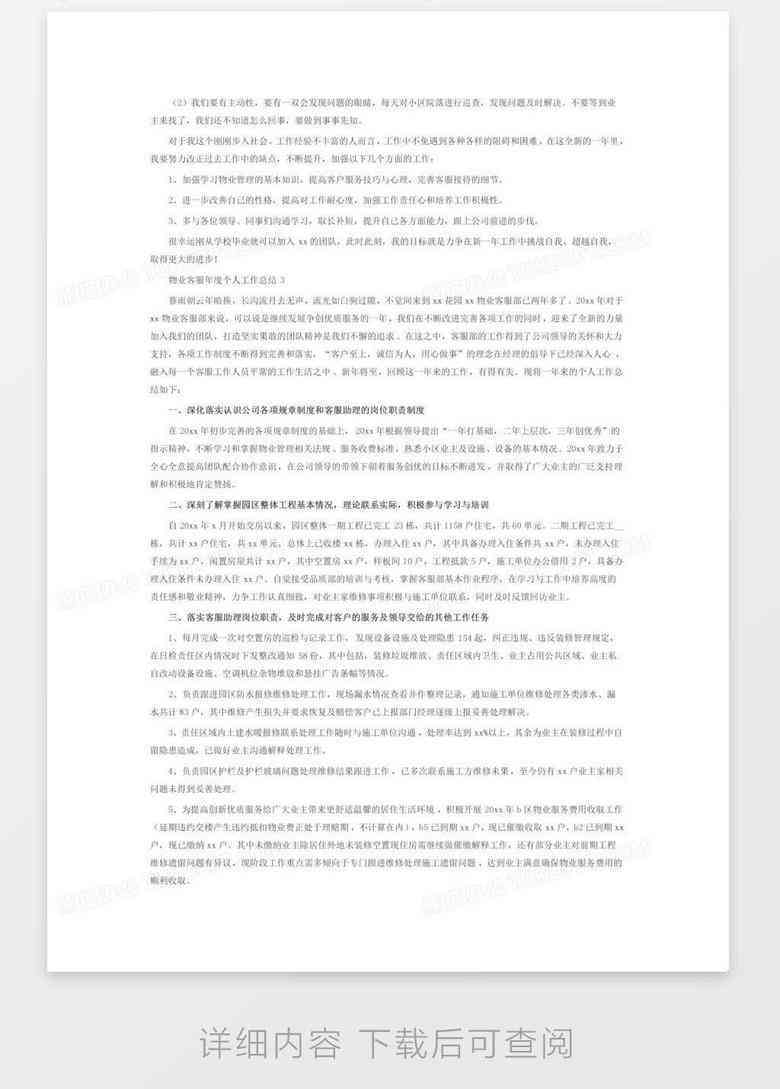
3. Personal Stories and Anecdotes (个人故事和轶事)
Incorporate personal stories and anecdotes to make your report more engaging and relatable. These narratives can provide context and depth to your achievements and challenges.
4. Reflective Analysis (反思性分析)
Take the time to reflect on your experiences and analyze their impact. This reflective analysis can help you gn a deeper understanding of your growth and development.

5. Professional Tone (专业语气)
Mntn a professional tone throughout the report. Even when discussing personal achievements, ensure that the language is ropriate for a professional setting.
四、结论
In conclusion, an English annual summary report is a valuable tool for assessing and documenting the achievements, challenges, and growth experienced throughout the year
英文年度总结报告:工作与个人年度总结及报告撰写指南
编辑:ai学习-合作伙伴
本文链接:http://www.tsxnews.com.cn/2024falv/aixuexi/296217.html
下一篇:《AI爆款文案攻略:掌握50 提示词,全方位解决内容创作难题》① 凡本网注明"来源:"的所有作品,版权均属于,未经本网授权不得转载、摘编或利用其它方式使用上述作品。已经本网授权使用作品的,应在授权范围内使用,并注明"来源:XX"。违反上述声明者,本网将追究其相关法律责任。
② 凡本网注明"来源:xxx(非)"的作品,均转载自其它媒体,转载目的在于传递更多信息,并不代表本网赞同其观点和对其真实性负责。
③ 如因作品内容、版权和其它问题需要同本网联系的,请在30日内进行。




